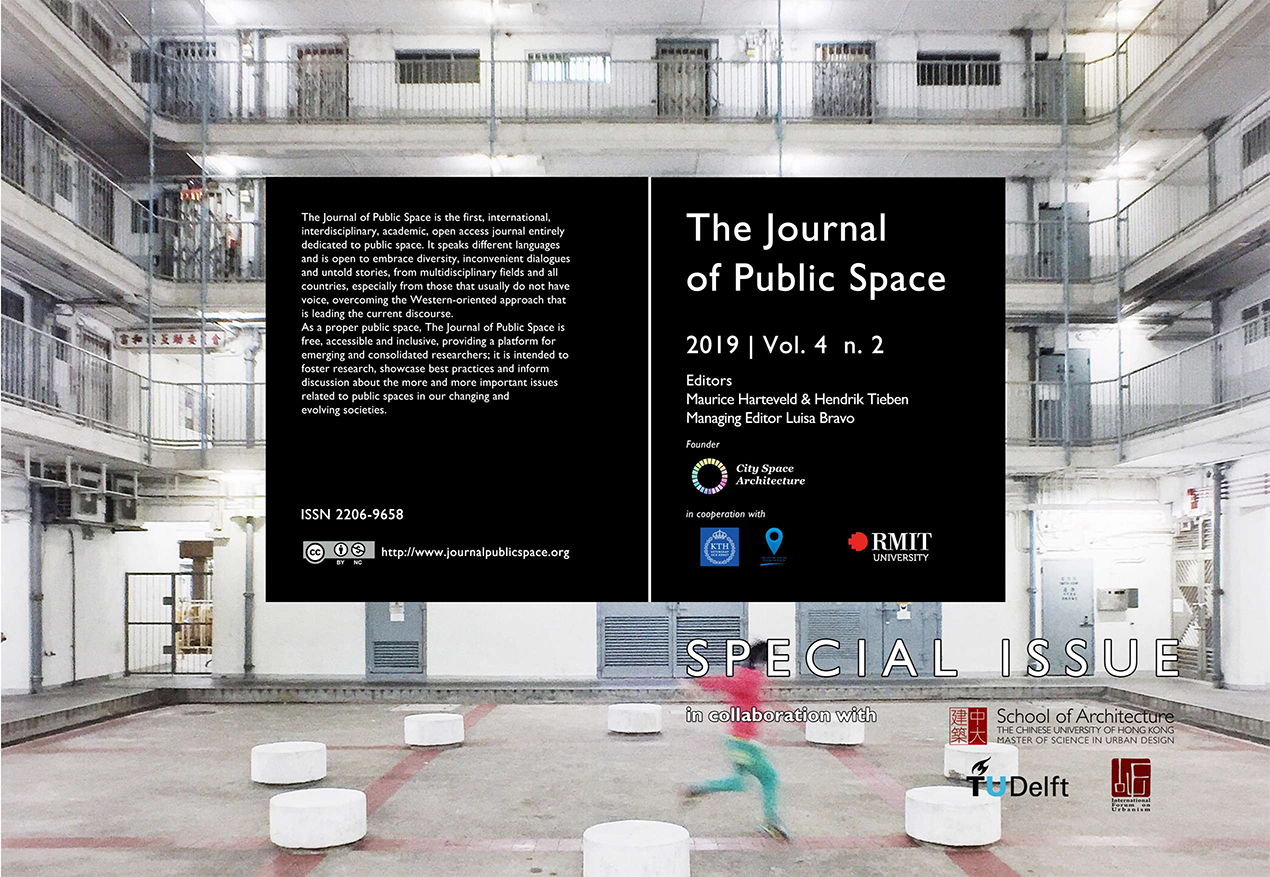
TU Delft Joins ‘2020: A Year without Public Space under the COVID-19 Pandemic’
Social distance dictated by COVID-19 health emergency affects access to public space and with it creating a range of impacts on different levels. While global lockdown is destabilizing economy and challenging country leaders, at the human level the pandemic is generating isolation and loneliness, with a significant raise of helplessness and fear. Everyone is asked to stay home and rearrange daily routines and work activities in indoor domestic spaces, looking at the world from behind a window. People are dying alone, numbers are increasingly high. Outdoor physical activities are no longer allowed. Many governments seem to lack proper strategies to manage the risk of massive contagion. In the Global South the poor living in informal settlements have scarce access to water, washing hands could be dangerously impossible.
What is the future of public space? How can we face this unprecedented emergency and get prepared to its consequences, in specific regard to health disparity? Will public space restrictions stay in place after recovering from the pandemic?
Is there something we can do now all, together? Delft University of Technology, a worldwide recognised leader in the field of urban design and public space, unites with more than twenty universities globally in the ‘2020: A Year without Public Space under the COVID-19 Pandemic’ initiative. DDfV researcher Maurice Harteveld explains:
“We observe differences in behaviour in public space under the current circumstances. Differences that relate to different societal and personal priorities based on different social and personal values. Altered patterns in our cities are updating the way human behaviour informs urban design, hence the design of public space, but foremost the emerging differentiation in values effect in the design choices we are making in the near future.”




